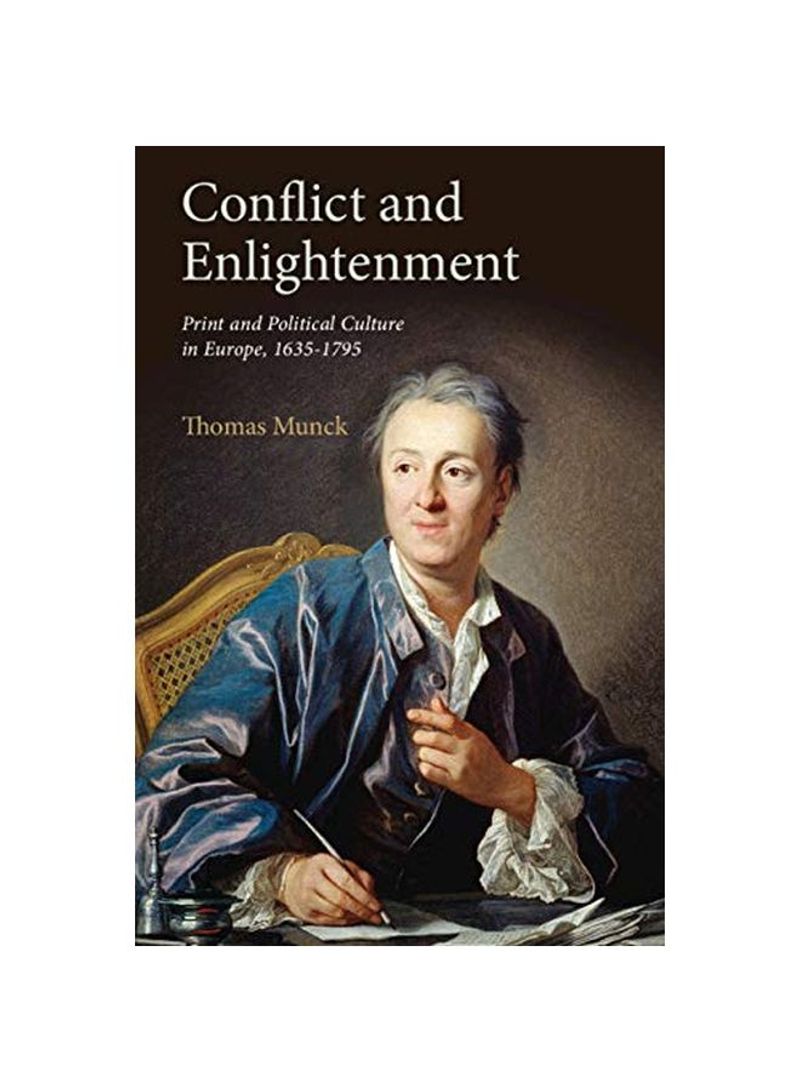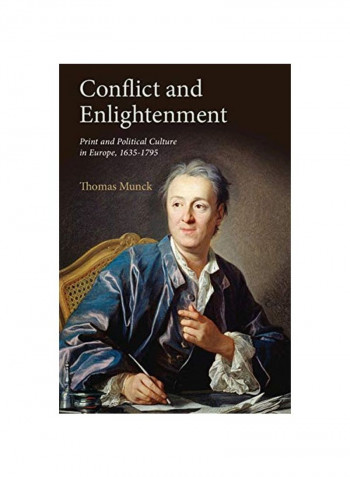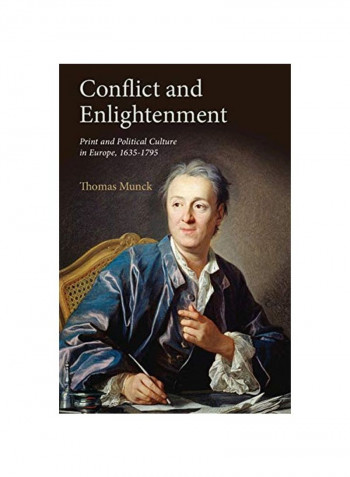Conflict And Enlightenment : Print And Political Culture In Europe, 1635-1795 Hardcover
Recommend
Sort by
Rating
Date
Specifications
Author 1
Thomas Munck
Book Description
New approaches to the history of print have allowed historians of early modern Europe to re-evaluate major shifts in religious, intellectual, cultural and political life across Europe. Drawing on precise and detailed study of the contexts of different types of print, including books, pamphlets, newspapers and flysheets, combined with quantitative analysis and a study of texts as material objects, Thomas Munck offers a transformed picture of early modern political culture, and through analysis of new styles and genres of writing he offers a fresh perspective on the intended readership. Conflict and Enlightenment uses a resolutely comparative approach to re-examine what was being disseminated in print, and how. By mapping the transmission of texts across cultural and linguistic divides, Munck reveals how far new forms of political discourse varied depending on the particular perspectives of authors, readers and regulatory authorities, as well as the cultural adaptability of translators and sponsors.
ISBN-13
9780521878074
Language
English
Publisher
Cambridge University Press
Publication Date
30 November 2019
Number of Pages
378
About the Author
Thomas Munck is Professor of Early Modern European History at the University of Glasgow where his research focuses on comparative European social, cultural and political history. A current member of a research group on Cultural Translation based in Germany, he is the recipient of research grants from the Carnegie Trust and British Academy, and the author of Seventeenth-Century Europe: State, Conflict and Social Order in Europe, 1598-1700 (2005).
Editorial Review
This impressive and ambitious study of the interplay of print, political thought and expression, and social and cultural change is a compelling, fine-tuned and original account of how the printing press served as an agent of change across the early modern period and Enlightenment.' Simon Burrows, Western Sydney University 'With remarkable command of the Germanic languages, not to ignore his facility with French and other languages, Munck has written the history of books and publishing from the 1630s to the turbulent 1790s into Enlightenment historiography. The sheer quantity and quality of print culture, expanding more rapidly than the literate public, shows that without it, the origins and power of the Enlightenment cannot be understood.' Margaret C. Jacob, Distinguished Research Professor, University of California, Los Angeles 'This weighty study takes the reader from the depths of the Thirty Years War to the end of the Enlightenment. Surveying the previous fifty years of research on the topic, it asks how print media reshaped ideas and impacted political culture in an era when polemic was rife and print was becoming the most powerful tool available to form opinion in the new reading public.' Dorinda Outram, Professor Emerita of History, University of Rochester, New York 'This impressive and ambitious study of the interplay of print, political thought and expression, and social and cultural change is a compelling, fine-tuned and original account of how the printing press served as an agent of change across the early modern period and Enlightenment.' Simon Burrows, Western Sydney University 'With remarkable command of the Germanic languages, not to ignore his facility with French and other languages, Munck has written the history of books and publishing from the 1630s to the turbulent 1790s into Enlightenment historiography. The sheer quantity and quality of print culture, expanding more rapidly than the literate public, shows that without it, the origins and power of the Enlightenment cannot be understood.' Margaret C. Jacob, Distinguished Research Professor, University of California, Los Angeles 'This weighty study takes the reader from the depths of the Thirty Years War to the end of the Enlightenment. Surveying the previous fifty years of research on the topic, it asks how print media reshaped ideas and impacted political culture in an era when polemic was rife and print was becoming the most powerful tool available to form opinion in the new reading public.' Dorinda Outram, Professor Emerita of History, University of Rochester, New York



